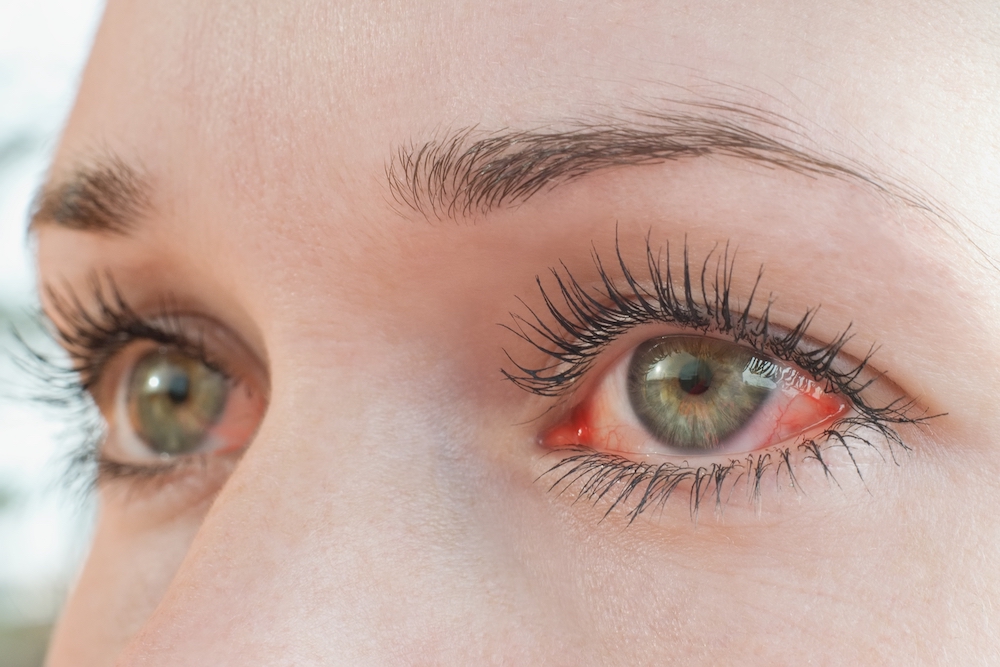
Do you often have red, itchy, or watery eyes? If so, you may have seasonal allergies or dry eye syndrome. Both conditions can cause similar symptoms but have different causes and treatments. Understanding the differences between seasonal allergies and dry eye and how to treat your eyes can help you seek proper treatment.
What Is Dry Eye?
Dry eye syndrome is when your eyes do not produce enough tears, or those produced evaporate too quickly. This can make your eyes feel dry, irritated, or gritty, thus affecting your quality of life. Age, medicines, environmental factors, or medical disorders are just a few causes of dry eyes.
What Are Seasonal Allergies?
Seasonal allergies are allergic reactions to airborne substances at certain times of the year. Allergens can be anything from pollen to dust, mold, or animal dander. Your immune system responds to allergens by producing histamine. Your eyes and other parts of your body experience inflammation and irritation.
How to Tell the Difference
Dry eye and seasonal allergies can have similar symptoms, such as:
Redness
Itching
Burning
Watering
Sensitivity to light
You can differentiate them, though, using a few cues. One clue is the pattern of eye involvement. Dry eye tends to affect both eyes equally. Seasonal allergies may impact one eye more than the other. This asymmetry can be a helpful indicator when identifying the underlying issue.
Another differentiating factor is the consistency of symptoms. Dry eye symptoms typically persist over time and are chronic. You may experience constant discomfort, such as a gritty or sandy feeling in your eyes.
Depending on the exposure to allergens, seasonal allergy symptoms can vary and are frequently transient. They tend to flare up during specific times of the year or respond to triggers like pollen or pet dander.
Besides eye-related symptoms, it is essential to pay attention to accompanying signs. Dry eye can sometimes cause blurred vision or a sensation of having something foreign in your eye. On the other hand, sneezing, a runny nose, or a cough are symptoms of seasonal allergies.
By considering these factors, you can differentiate between dry eye and seasonal allergies. It is crucial to remember that self-diagnosis is not always reliable. For a thorough assessment, speaking with an eye care specialist is best.
How to Treat Dry Eye and Seasonal Allergies
The best way to treat dry eye and seasonal allergies is to consult your eye doctor. They can identify your health issue and recommend the best action for you. Some common treatments include:
Artificial tears or lubricating eye drops for dry eye
Antihistamine or anti-inflammatory eye drops for seasonal allergies
Oral medications or nasal sprays for seasonal allergies
Avoiding or reducing exposure to allergens or irritants
Using a humidifier or air filter in your home or office
Wearing sunglasses or protective eyewear outdoors
Conclusion
Dry eye and seasonal allergies can both affect your eyes and your comfort. By knowing the differences between them and how to treat them, you can enjoy a clear and healthy vision all year round.
For more on determining if you have dry eye or seasonal allergies, contact Bright Eyes Optometry at our Red Bank, New Jersey office. Call (732) 605-0300 to schedule an appointment today.




